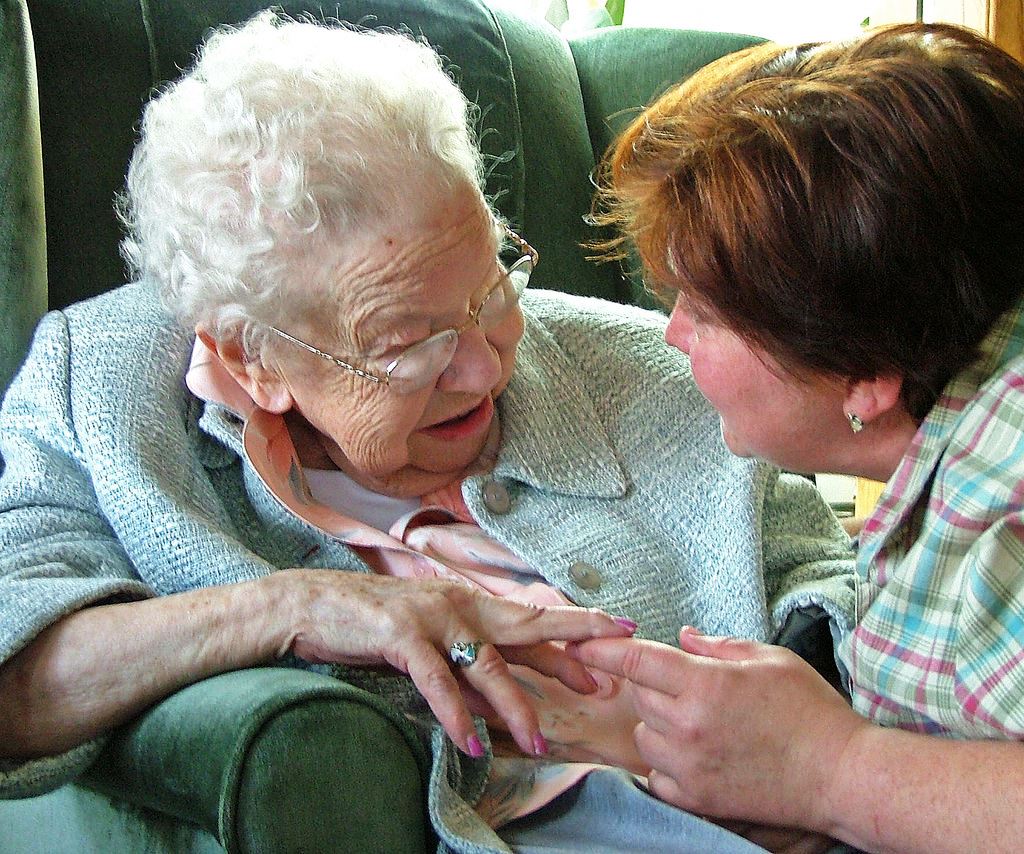Since the NHS was created in 1948, the population has grown, and people are living
longer. Many people are living with long term conditions such as diabetes and heart
disease or suffer with mental health issues and may need to access their local health
services more often.


To meet these needs, we have been working together and with community, mental
health, social care, pharmacy, hospital and voluntary services in our local area:
Bournemouth East Collaborative (BEC) PCN was formed in June 2019 with four like-minded
practices wanting to provide a joined-up service for local communities
Primary care networks (PCNs) build on the core of current primary care services and enable greater provision of proactive, personalised, coordinated and more integrated health and social care. Clinicians describe this as a change from reactively providing appointments to proactively care for the people and communities they serve. Where emerging PCNs are in place in parts of the country, there are clear benefits for patients and clinicians.


Primary care networks are based on GP registered lists, typically serving natural communities of around 30,000 to 50,000. They should be small enough to provide the personal care valued by both patients and GPs, but large enough to have impact and economies of scale through better collaboration between practices and others in the local health and social care system.
Benefits Primary Care Networks have for Patients:
- They offer a larger range of care services that weill be close to patient’s homes, as well as improved access
- PCNs merge with a wider range of health and community services
- Patients will be able to receive support for a more complicated conditions, and will have access to the health and care services that can support them
- Patients will be able to have more of a role in making decisions around their own health and the care they receive.

